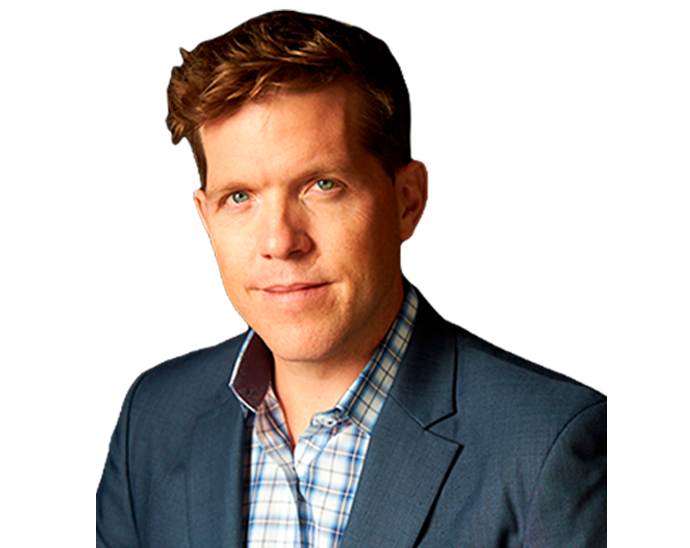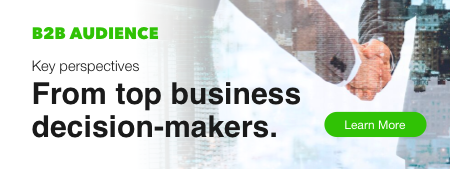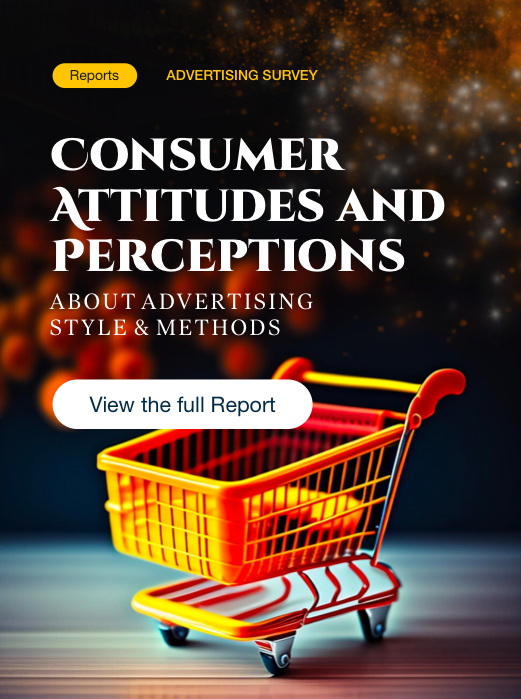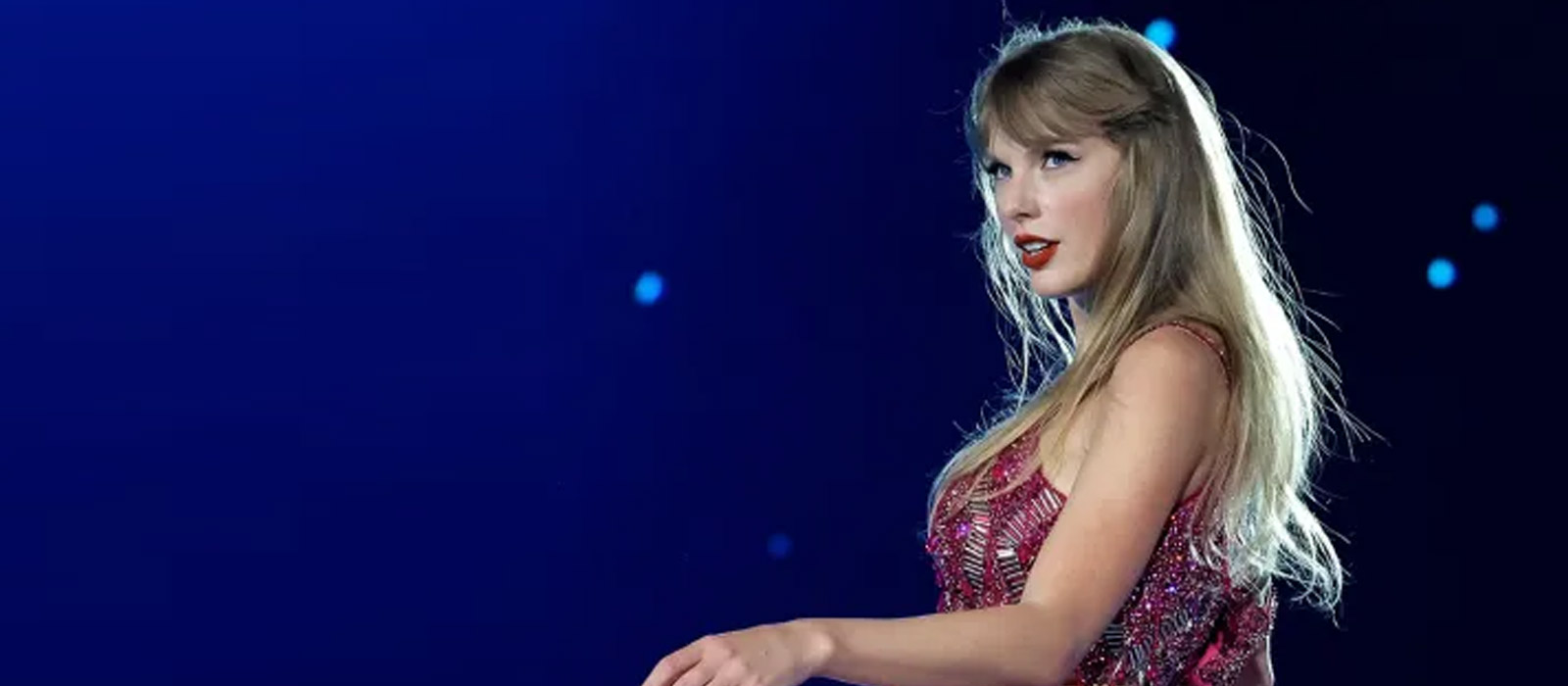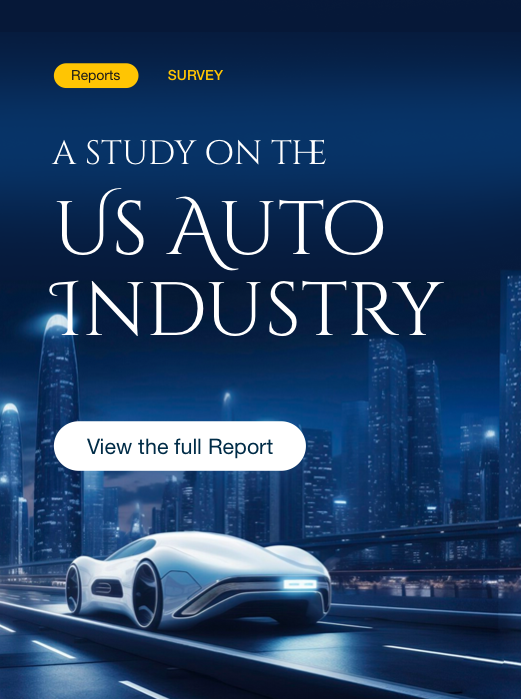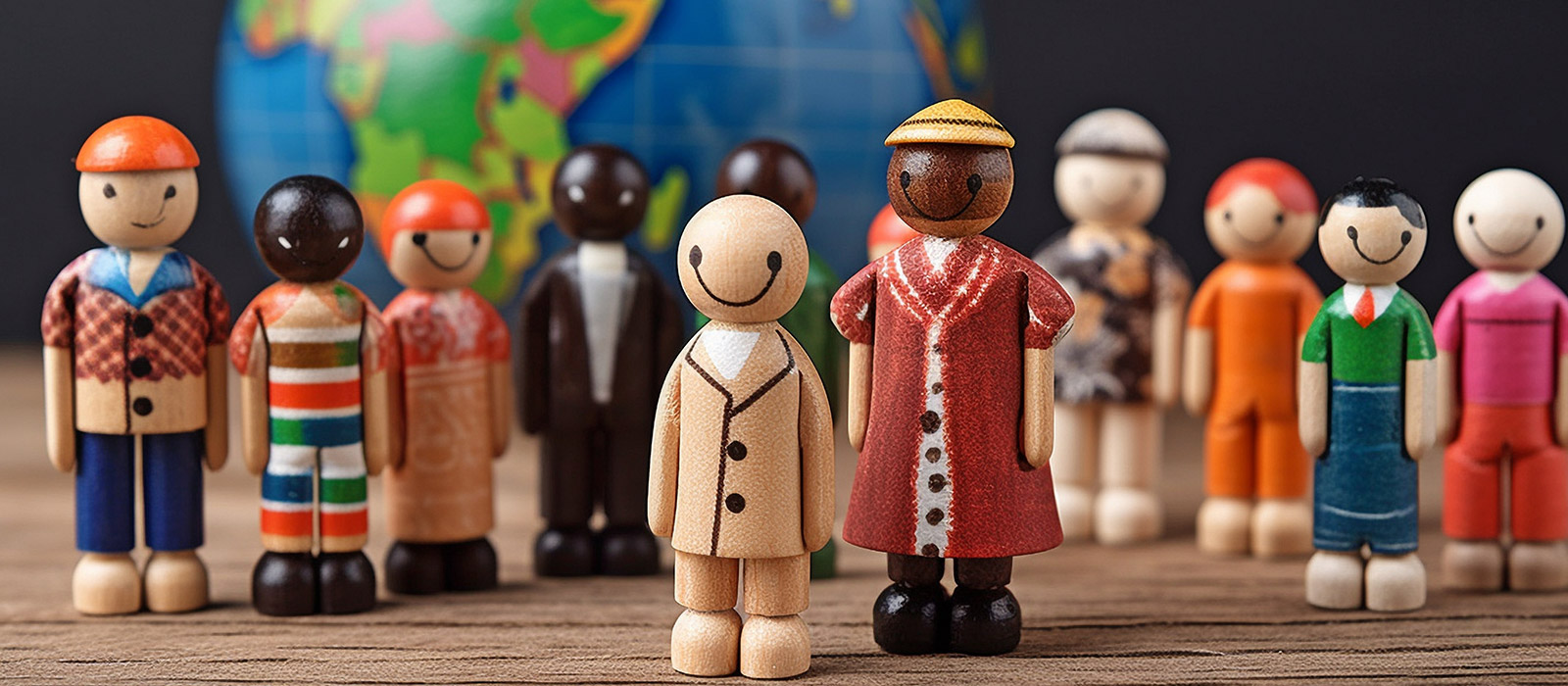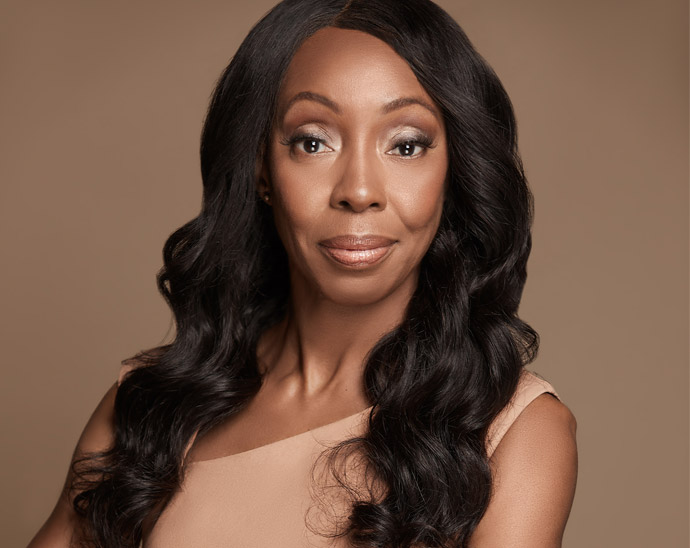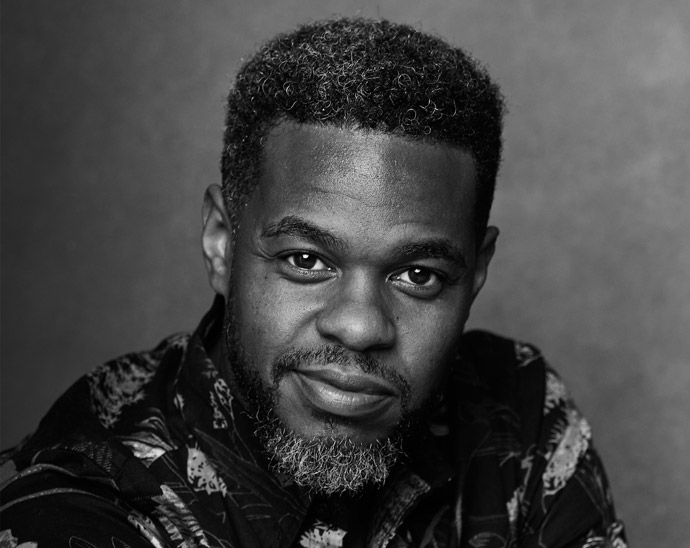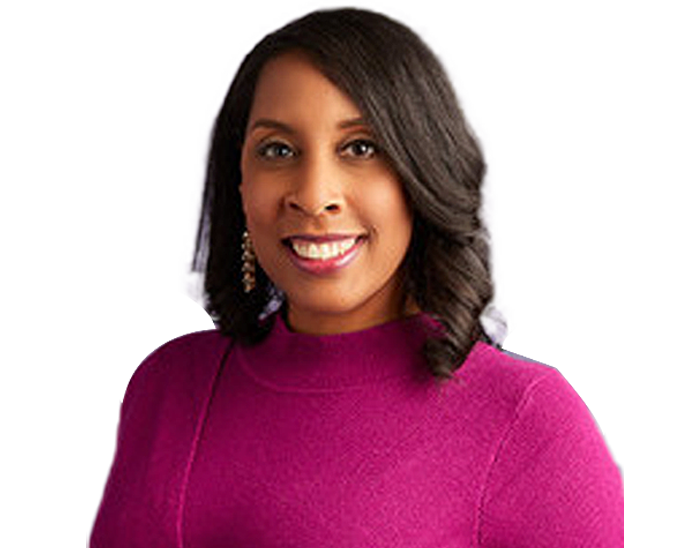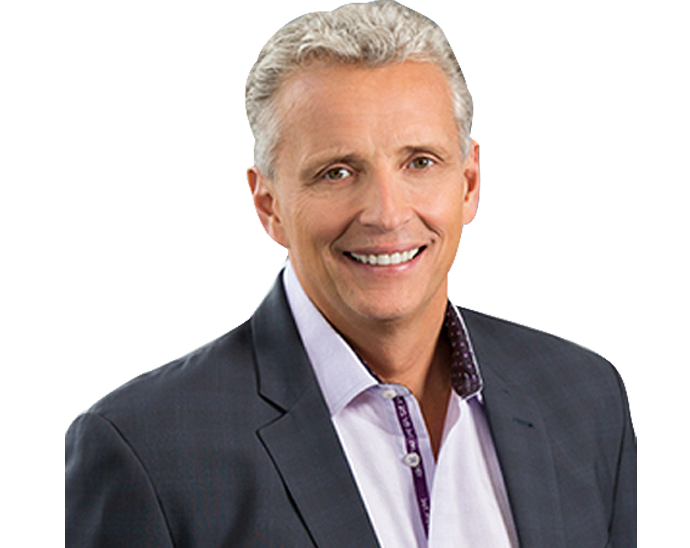- How did you come up with the name of the company, Hotspex?
It was the year 2000 myself and two colleagues from business school had started the company Hotspex. Our idea was we wanted to be involved in helping create the hot new specifications for products and services. So it became Hotspex, and “hot” was a big word back then and thankfully it still is. You’ll see that you can get fire emojis in your text when something’s good so hot is good!
It was all about you know using marketing insights to come up with what’s next and what’s going to be cool. All I wanted to do when I was a little kid I wanted to work with all the biggest brands in the world. I didn’t want to go work on just one thing, I wanted to work with Coke, Disney, Toyota, NASA, Microsoft and much more. I wanted to work with as many brands as I could because I have a very bad case of ADD. So this whole business was around just getting me as close to that as possible. But if you know me, I love commercials! I’m the guy that watches the Bachelor and The Bachelorette with his wife. I don’t pay much attention to the show but I love the commercials. That’s where the really good commercials are because people don’t time skip it because it’s reality TV.
- When is the best time for commercials? Many people talk about how the Super Bowl has the best commercials, but are there other times where companies target commercials at a certain time?
I gotta have a very biased answer for you right now. This is a new product that we’ve created called, Cognitive Media Targeting. The best time for someone to see an ad is when they’re in the exact right mood to see that specific ad. We work with Google to get access to their artificial intelligence, machine learning capability. I developed a platform that can predict what mood, somebody is in based on what they’re watching or reading and then it matches that mood with a catalog of advertising. So, when the moods align, the ads work better. So if it’s a Super Bowl, people are either excited or they’re inspired or having fun. They’re not in a sort of a pensive, concentrating state so the best ads for that time are ones that have had a similar emotional state, citing ads and inspiring ads. A good ad is best shown to someone when they’re in the right mindset to actually take that at it.
- So how do you explain commercials like Liberty Mutual insurance ads or ads that are always playing anywhere that aren’t consistent with the show they’re watching?
Advertising is interesting. What you want to do is you want to get your brand out there. I read an amazing stat that for every $1 spent in advertising, it creates $7 in gross domestic products. Advertising is important, it’s a $2 trillion annual business globally. It must work if that amount of investment is coming. Our client’s biggest line item is typical the media spend in the advertising and marketing budget. So if Liberty Mutual is on the Super Bowl, it gives them a very large audience to reach out to. People just want to be there and have their commercials shown. It also makes people that work for that company, proud to see the company that they work at advertised. A lot of executives including CEOs like to see ads for their brands during Super Bowl. So I’m sure that Liberty Mutual has a very sophisticated media planning function and with all the capability right now. Like where to put ads and are if they working or not, they’ve got a good strategy for why they show up where they show up. I always think it can be better though where you should be showing people insurance ads. Whether you’re in a very specific mindset or watching the Bachelor/Bachelorette, that’s a good mindset to sell insurance because they’re thinking about big decisions, risk, or marrying the wrong person. That’s a really good time to advertise insurance.
- So with regards to the tool, you mentioned talking about in terms of moods, emotions and more to determine what ad to show. Can expand on how you created this tool?
I’ve had an amazing career and within our business, it’s been 22 years or 21 years now since we started Hotspex. Working and learning with thousands of brands about how people make decisions and how to grow brands. One thing we did a couple of years ago is that we bought a media company because when I talked to CMOS to ask them what’s keeping them awake at night. I always hear the same thing about their media investment. They want to make that work better for their company. At the time we had this idea that we could use our emotional human motivation map at Hotspex, which is a way to actually map how people feel about different, things. We then help our clients figure out what emotions they should trigger and people in order to drive profit, loyalty and recommendation. Apple focus on four core emotions; joy, surprise, connection and love. No matter where you bump into Apple they want you to feel that way.
Even with battery engineers, they’ve got to make people feel the same way.
At Hotspex, we have our clients figure out how their brands should be making people feel in order to maximize profit, loyalty, and recommendation. Our media model that we have is exactly that. So then we collaborated with Google to understand how people are feeling on the odd specs map when they’re looking at different content. Then we built a model that uses artificial intelligence to scan all content online like videos andimages. Based on that we can be pretty accurate about how someone’s going to be feeling on what they’ve watched or read. If you’re watching the Superbowl then you’re feeling excited, inspired, and having fun. If you’re watching The Bachelor you’re feeling apprehensive, nervous, scared, curious about wondering what’s gonna happen next. We can then match that with ads because we run ads through our rapid testing ads screener. Once we do that then the ads run significantly better. We get a 10% lift in Brand Recall and an 8% lift in Claim Purchase intent. What we really like is the skip rate on Google, the pre-roll goes down dramatically so the skip rate match falls above 25% on average. Which is great because people don’t like seeing ads since we’re moving to an ad free world.
People would rather have Netflix and or pay for YouTube premium where there are no ads. If you don’t disturb them by showing them annoying ad then they are more likely to watch them.
We live in this wonderful advertising world that we all come to love and adore helps creates a lot of interest and joy in the world so we can continue to exist and thrive. So, yeah, long-winded answer to your question but yes, we did invent it. We have an amazing team of psychologists, neuroscientists, machine learning and AI developers that have built out that that stack that works with any brand on any media trading desk, and it’s called Radical.
- Do you have any clients now using your tool, Radical?
Yes, we have dozens of clients using it so daily. Clients across CPG, airlines, telecoms, automotive, technology, and apparel.
- How do you think your family life has changed in terms of media consumption? Since you are in the media space, how is your family with consumption media?
Right now Tiktok is one of our big global clients and it’s a very interesting platform. It’s very good at understanding what’s interested to a human brain and giving them the right amount of content at the right time. It uses an incredible machine learning algorithm because it creates such relevant content. But is it great content? It’s almost like eating a candy bar so I’m not going to let my kids eat candy bars all day long. We’re pretty diligent about screen time and getting outside because of the pandemic. I would attribute my wife to 90% of my success, being able to have an amazing partner that you can confide in that can give you a wellspring of confidence to go out, take risks and be innovative. We decided we wanted to move our kids to our cottage so we sold our house in the city and moved beside the ski hill and golf courses that we enjoy. Our kids are involved in nature. Right before this interview we were out chainsawing a bunch of trees down to build a mountain bike track in our backyard. I think the more you can get your kids into nature, the better it is for them. I think screens have a time and place for it. We very much live in a digital world, but I don’t think you can overdo it. Everything in moderation.
We try to make sure they’re well rounded and put them in lots of sports. Also we make sure that they’re studying stuff that they’re interested in. I got two great tricks for raising kids. One is having a board meeting with them every two months where the kids get like four hours of me, uninterrupted to do whatever they want and they love it. The kids look forward to it and they get to plan it. Since our business is largely around behavioral psychology, neuroplasticity, emotional research and behavioral science, I learned how the brain works. I’ve read as much as some PhDs in neuroscience but fortunately enough not to write a thesis or anything. I wouldn’t say my knowledge is expert level but I know enough that it could be dangerous. Every night I know your brain can shapeshift as needed. For example, if smokers and people with 100 cats in their house don’t know that they stink because they’re nose blind. The neurons in their brain decide that you don’t care that there’s this terrible smell around so we’re just gonna stop using energy to process that. So, the brain has neuroplasticity that so I just want my kids to be creative. I want them to be happy, sociable with others, have grit and perseverance. I think creativity is going to be a super core skill set as machines and AI come after a lot of jobs. Human creativity will be the last thing that machines can figure out. When I say let’s go to bed, I talked to him and I ask them to think of three creative uses for a chainsaw or three for a golf club. I asked him for the first two and then I have them tell me the next one in the morning. I just try to make sure that they’re developing properly and it’s my thing I’m obsessed with. I want to make sure that they can go out in this interesting world that’s their way and that they can be happy.
- How has your staff adapted to the post-pandemic change?
Our business is thriving through this. The remote work has been interesting. We have had some clients hire us to look into this. We’ve done extensive research and what the future of work looks like. We think it’s going to be a hybrid model where you don’t need to be in the office all the time but just sometimes. Right now, our staff has been amazing and we’ve got the most amazing staff. We are very focused at Hotspex on building brands but also about building careers. Like the careers of our staff and the careers of our clients. We’ve just seen the amount of learning. growth and performance that our staff as has laid down through this and it’s been amazing. Something that happened with the pandemic is the commute has gone away. People have substituted that for incremental work unfortunately so we try to keep an eye on that to make sure people aren’t working too hard. I think in the future, there’s going to be more of that but the other thing with the pandemic is that you couldn’t do anything. You weren’t allowed to go out and see your friends. Toronto right now is in full lockdown which resulted in our staff not having much to do either. I’m off the chart proud of them about how they pulled together through this. I think the sense of camaraderie, has been amazing and the team that we have right now is the best one we’ve ever had. When I was younger I didn’t understand the importance of team, I had a couple mentors that led me astray and didn’t impact upon me how important it was to have a great team. I didn’t know how to treat them properly and that took me quite some time to figure out. But now I’m a servant leader, anything our staff needs, we’re there for them. When anybody has a problem, everyone rushes to the aid of that person with the problem. We’re not even really a team anymore it’s more of a family.
- Did you aim for a particular culture you wanted to set for the company or did that evolve over time?
A key part of us has always been innovation, to try new things. We’ve been ranked number one Insights Firm In North America four years in a row now, hopefully for five. We definitely want an innovative minded individual. We want someone that’s about growth. If you want a a traditional job with traditional methods, models and insights then this is not the right place for you. The person that we’re looking for is a very much an innovative minded, very intelligent, creative type.
We design our whole company around our five core values; give a shit, got your back, yes before no, inclusive and we’ve got guts. Give a shit is all about learning nonstop. Not your back is that we take care of each other and support each other. Yes before no means we’re solution focused. Inclusive which means we look for different opinions, make sure all voices are heard. Often introverts have the best ideas but don’t have an opportunity to speak, we ensure that we get those opinions and we give them a microphone to get their voice. Lastly, we’ve got guts means that we really are about empowering change and taking those beliefs and really trying to be innovative.
- As CEO of the company, when do you feel extremely satisfied?
When you see someone do something they never thought they could do. When you see someone grow. When you see a client look like a rock star and results from the presentation they were giving to their boss or their boss’s bosses or the CEO. Anything that can be around someone learning, growing and building their career. It’s great that we build brands but at the end of the day, everyone’s trying to get ahead. You can have a meaningful impact on a client getting promoted, which we celebrate it. For example, with a smoothie day. We love that, that’s promotions and every year when we promote all our people in our town halls, that’s when I get that satisfaction.
- What is your style when it comes to managing people to get the best out of them? What’s your strategy around that?
Everyone has it within them so it’s giving people the belief that we have their back. It creates psychological safety so making sure that people know it’s okay to fail. If people don’t think it’s okay to fail, they don’t take risks. No risks, no reward, no progress. We like to make sure that people know that we’re a culture of innovation and feel free to fail because we’re going to fix it. We’re never going to put any client in harm’s way because we can always fix anything after it doesn’t work out. And that’s why we get to do all the innovative stuff that we do. Letting people have that space to go and be creative. We have standard methodologies at Hotspex, our reports are all story driven. We don’t have templates for our reports, we let the creativity of our professionals come out as they tell stories for our outputs back to clients. The stuff we give back isn’t cookie cutter, it’s almost a form of entertainment powered by data that leads to insights. This leads to growing brands and making profits so we let our people have that freedom to go in to go and be creative.
- Let’s say I’m about to start my own company like Hotspex. What advice would you give me?
I would focus heavily on your people. Find the right kind of people, and it’s cliche but you know hire slowly, fire fast, find the right people. Make sure that you’re going to really like working with them because you’re gonna spend more time with them than you do with your family. I love the people we work with, we’ve got absolutely amazing people. Then be a servant leader to them, help them do things they never thought they could do. Help them be better than they ever thought they could be. If you got the right people and you enable them to do that only good things will happen.
- What do you fear in business?
Irrelevance. I fear not being able to add value, not being able to actually meaningfully grow a brand or help people grow their careers. I’m scared shitless of that but as a result, I read a lot. I interact with senior people a lot. I invent a lot of things and I staff myself on some major strategic products every year. You know the old saying, if you ask Einstein to cut down a tree, he said give me an hour and I’m going to spend 90% of that hour sharpening the axe and 10% chopping the tree. So I just demolish podcasts, books, newsletters and just talking to clients around what’s got them growing their brand. It’s all about relevance and making sure that my staff is all in tune. I would hate to think if someone came to Hotspex and spent five years with us then had trouble creating their best possible life. We know that our staff isn’t going to always stay with us but we want to make sure that after Hotspex that they go on to do amazing things. Which they do, former Hotspex employees work at Google, Facebook and Amazon. That makes me super happy that they’re able to go on and have great careers.
- What do you think leaders, executives like yourself aren’t doing enough of in your industry?
I think one of the greatest tragedies in the world right now is where all the big brains are going. You see the big brands want to go put a man on the moon or created a nuclear bomb so they win the World War but now they’re all on Google, Facebook and TikTok trying to get the right ad in front of the right person at the right time. I think insights executives need to celebrate more what it is that we do, I mean without insights there’s nothing you can copy in the world if it doesn’t have an insight. I would say what we do is the most important profession in the whole entire world. I don’t know that if our executive celebrates that enough. You don’t meet many people that wanted to work in market research or insights but you get people that stumbled into it and they’re like this is amazing.
I’m understanding why people do the things they do and I’m helping brands create better products and services for those people. If you go into a supermarket every single thing on a shelf is based on insights. Turn on the TV, every ad you see is based on insight. Every successful company in the Fortune 1000 is based on insights. I don’t think the market research profession does a good enough job promoting that and getting people excited about what a career could look like. I will also say this, I work in advertising and I’ve got a media company. But those careers that those people have in advertising, I have incredible respect for them because it’s a tough life. For every 100 ads that you create or ideas, the clients are going to shoot down 95%. So you’re in this constant vicious cycle of denial, stress and anxiety versus in research. Because we get to test that stuff, we’re involved and we’re showing back the data. When you presenting a research deck, the clients hang on to every word and they are grateful that you’re there. You’re the voice of that consumer, you’re the voice of their customer, you’re going to reveal the insights that are going to help them build brands and build their own personal careers. I do think that executives could do a much better job celebrating and promoting the amazing work that we do and the impact that we have in the world.
- Where do you see the industry 20 years from now or where do you see it heading?
There’s a lot of talk about research tech. We’re building a lot of tools that clients can use and we’re building a lot of tools that machine learning can use. I see the industry going into bifurcating. I think there’s going to be high end market research consulting around brand strategy, product strategy or business strategy. Also, I think there’s going to be lower end rapid insights where clients are doing a lot of their own research for simply easy stuff with programmed methods. I see that happening right now and in fact, that’s our strategy so we’ve got some incredibly talented human beings that work at Hotspex that are creative, can consult and have great ideas. We also developed automated tools that our clients can use to do with quick and easy ad testing. So I can see more of that happening.
- Where do you get your inspiration from?
I get my inspiration from my kids. As cliche but the joy I feel from them is amazing. I also get it from my wife. I adore my wife, I love spending time with her. I try and get out do physical activity with her every day. Like paddleboarding, mountain biking, skiing, hiking snowshoeing, cross country skiing and it puts me in just such a great joy of a state of mind. I believe that life should be about trying to create as much joy for yourself as much as you can. I get that from my family. I also get it from my team, so the team at Hotspex is watching them do all the amazing things that they do. It just makes me feel so proud and so inspired to say get to work with that group of people.
External to that, I also read a lot. I love Peter de Montes, TED talks, a bunch of podcasts that I listen to. I love just a bunch of people that are in my life that are doing cool stuff. Honestly, this is super cliche but GreenBook, the grid study that is done with the most innovative companies, all the articles and all the data is how we’ve created our strategy at Hotspex. Everything I’ve told you where I think everything’s going and everything that we’ve built is all comes from GreenBook.
- How do you start your day or what gets you productive?
I usually have a double expresso and then I read the Wall Street Journal. I read that to see what’s going on and then I try to do some physical activity. I love to jump on a bike and ride up a massive hill to watch the sun come up. I will think about what I’m going to achieve in that day and then I write a list of everything I’m going to do that day when I get home. Then I get after it.
- How would your close friends describe you?
My close friends would say, I am caring, I have ADD, and I crave adventure.
- Who is Shane Skillen?
I’m a husband first then a father second and then I’m a leader. I relish the opportunity to be as good as I could possibly be across those three different roles that I have in my life.

